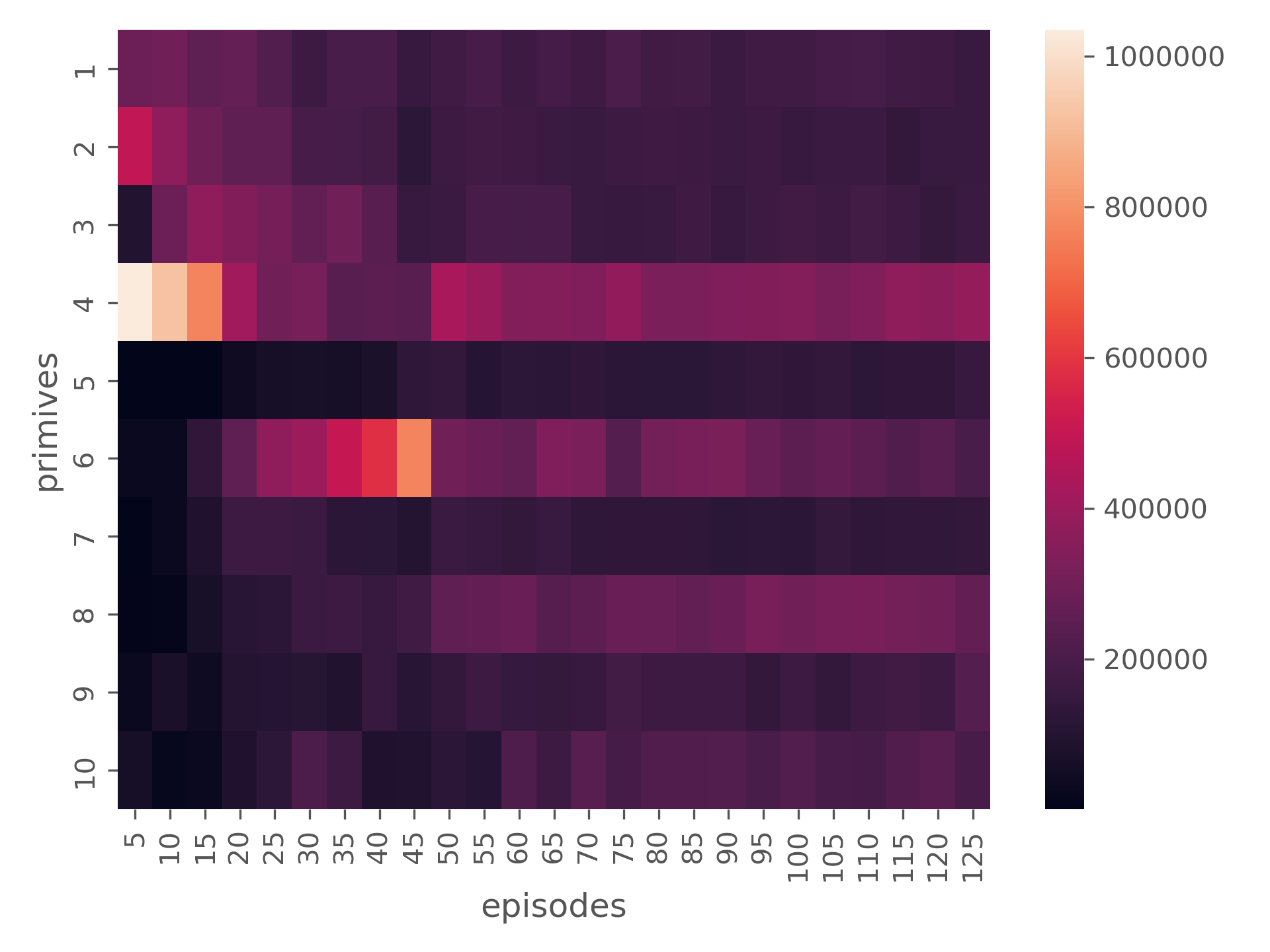DRIFT: Deep Reinforcement Learning for Intelligent Floating Platforms Trajectories

0
🤿
Sign in to get full access
This summary was produced with help from an AI and may contain inaccuracies - check out the links to read the original source documents!
Related Papers
🤿

0
New!DRIFT: Deep Reinforcement Learning for Intelligent Floating Platforms Trajectories
Matteo El-Hariry, Antoine Richard, Vivek Muralidharan, Matthieu Geist, Miguel Olivares-Mendez
This investigation introduces a novel deep reinforcement learning-based suite to control floating platforms in both simulated and real-world environments. Floating platforms serve as versatile test-beds to emulate micro-gravity environments on Earth, useful to test autonomous navigation systems for space applications. Our approach addresses the system and environmental uncertainties in controlling such platforms by training policies capable of precise maneuvers amid dynamic and unpredictable conditions. Leveraging Deep Reinforcement Learning (DRL) techniques, our suite achieves robustness, adaptability, and good transferability from simulation to reality. Our deep reinforcement learning framework provides advantages such as fast training times, large-scale testing capabilities, rich visualization options, and ROS bindings for integration with real-world robotic systems. Being open access, our suite serves as a comprehensive platform for practitioners who want to replicate similar research in their own simulated environments and labs.
Read more9/17/2024


0
Adaptive Reinforcement Learning for Robot Control
Yu Tang Liu, Nilaksh Singh, Aamir Ahmad
Deep reinforcement learning (DRL) has shown remarkable success in simulation domains, yet its application in designing robot controllers remains limited, due to its single-task orientation and insufficient adaptability to environmental changes. To overcome these limitations, we present a novel adaptive agent that leverages transfer learning techniques to dynamically adapt policy in response to different tasks and environmental conditions. The approach is validated through the blimp control challenge, where multitasking capabilities and environmental adaptability are essential. The agent is trained using a custom, highly parallelized simulator built on IsaacGym. We perform zero-shot transfer to fly the blimp in the real world to solve various tasks. We share our code at url{https://github.com/robot-perception-group/adaptive_agent/}.
Read more4/30/2024
🤿

0
A Deep Reinforcement Learning Framework and Methodology for Reducing the Sim-to-Real Gap in ASV Navigation
Luis F W Batista (UL), Junghwan Ro, Antoine Richard, Pete Schroepfer, Seth Hutchinson, Cedric Pradalier
Despite the increasing adoption of Deep Reinforcement Learning (DRL) for Autonomous Surface Vehicles (ASVs), there still remain challenges limiting real-world deployment. In this paper, we first integrate buoyancy and hydrodynamics models into a modern Reinforcement Learning framework to reduce training time. Next, we show how system identification coupled with domain randomization improves the RL agent performance and narrows the sim-to-real gap. Real-world experiments for the task of capturing floating waste show that our approach lowers energy consumption by 13.1% while reducing task completion time by 7.4%. These findings, supported by sharing our open-source implementation, hold the potential to impact the efficiency and versatility of ASVs, contributing to environmental conservation efforts.
Read more7/12/2024
🤿

0
A Platform-Agnostic Deep Reinforcement Learning Framework for Effective Sim2Real Transfer in Autonomous Driving
Dianzhao Li, Ostap Okhrin
Deep Reinforcement Learning (DRL) has shown remarkable success in solving complex tasks across various research fields. However, transferring DRL agents to the real world is still challenging due to the significant discrepancies between simulation and reality. To address this issue, we propose a robust DRL framework that leverages platform-dependent perception modules to extract task-relevant information and train a lane-following and overtaking agent in simulation. This framework facilitates the seamless transfer of the DRL agent to new simulated environments and the real world with minimal effort. We evaluate the performance of the agent in various driving scenarios in both simulation and the real world, and compare it to human players and the PID baseline in simulation. Our proposed framework significantly reduces the gaps between different platforms and the Sim2Real gap, enabling the trained agent to achieve similar performance in both simulation and the real world, driving the vehicle effectively.
Read more8/29/2024